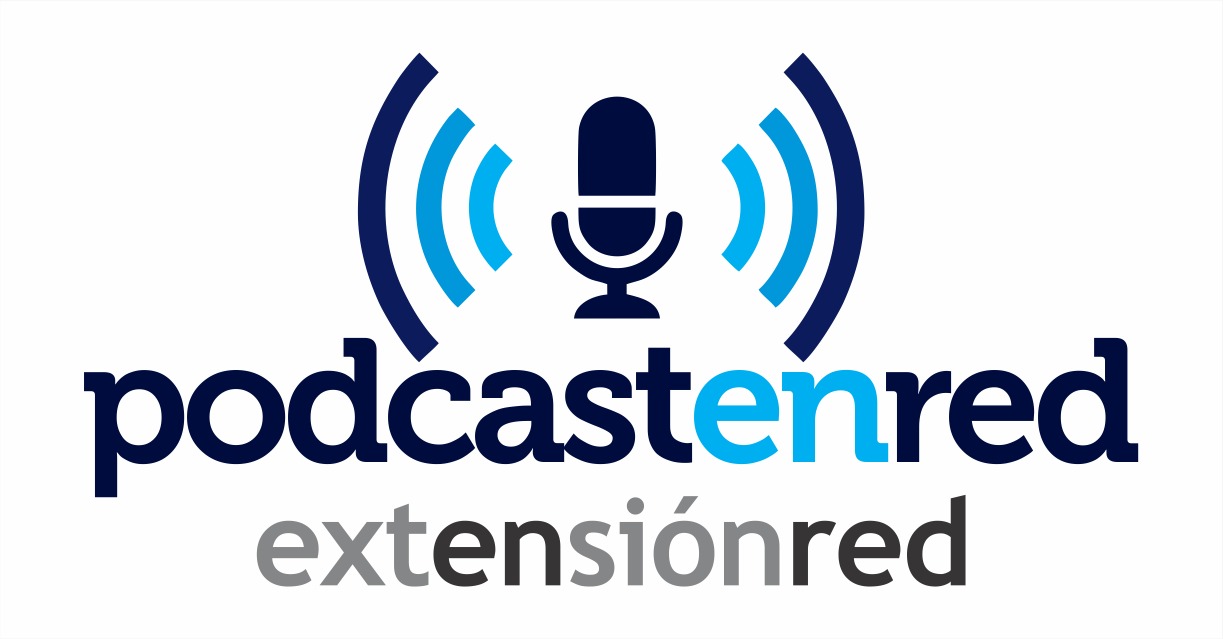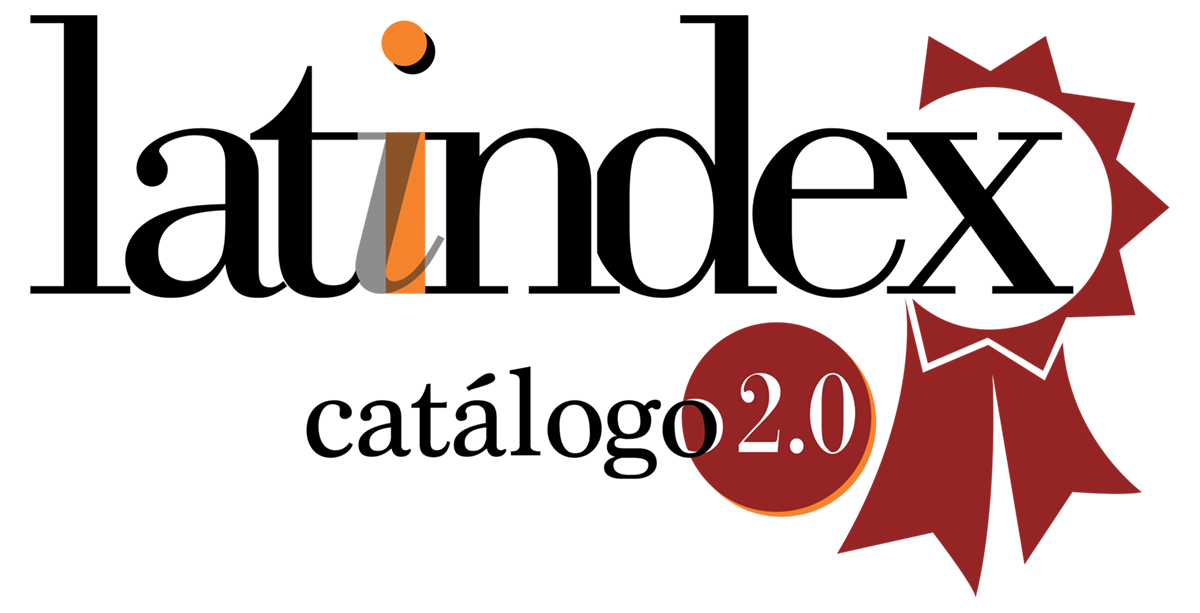Contributions to Non-Formal Education from the Approach of Social Action Projects in the Central Pacific Region, Costa Rica
DOI:
https://doi.org/10.24215/18529569e007Keywords:
non-formal education, project, social action, community workAbstract
The article presents the results of an investigation carried out in 2017 that aimed to discuss the contributions made in the field of non-formal education through courses developed as part of Social Action projects of the Pacific Campus of the University of Costa Rica. The information collected was obtained through a questionnaire addressed to people who have been part of the training offered by the different projects as well as field observations made by the researcher. The discussion presented is descriptive with qualitative annotations. It is determined that the knowledge acquired has allowed participants improve their quality of life.
Downloads
References
Abad Tejerina, M. J. (2002). Educación artística en el ámbito de la educación no formal. Arte, individuo y sociedad, (s/n), 421-426. Recuperado de https://revistas.ucm.es/index.php/ARIS/article/view/ARIS0202110421A
Balán, J. (2009). Las políticas de educación no formal y de educación de jóvenes y adultos desde la perspectiva del aprendizaje a lo largo de toda la vida. En M. Morales (Comp.), Aportes para la elaboración de propuestas de políticas educativas (pp. 39-64). Recuperado de http://www.oei.es/pdf2/aportes_educacion_no_formaluruguay.pdf
Camors, J. (2006). Educación no formal: Fundamentos para una política educativa. Montevideo, Uruguay: Ministerio de Educación y Cultura. Recuperado de http://educacion.mec.gub.uy/boletin/publinoformal/publicacion_%20ENF.pdf
Camors, J. (2009). Educación No Formal. Política educativa del MEC
-2009. En M. Morales (Comp.), Aportes para la Elaboración de Propuestas de Políticas Educativas (pp. 23-38). Recuperado de http://www.oei.es/pdf2/aportes_educacion_no_formaluruguay.pdf
Chacón-Ortiz, M. (2015). El proceso de evaluación en educación no formal. Un camino para su construcción. Educare, 19(2), 21-35. http://dx.doi.org/10.15359/ree.19-2.2
Código de la Niñez y la Adolescencia (2008). Gobierno de Costa Rica. Recuperado de http://www.oas.org/dil/esp/codigo_ninez_adolescencia_costa_rica.pdf
Dave, R., Ranaweera, A. y Sutton, P. (1990). Educación no formal. Chasqui. Revista Latinoamericana de Comunicación, (36), 35-41. http://dx.doi.org/10.16921/chasqui.v0i36.2017
García Arieto, L., Ruiz Corbella, M. y García Blanco, M. (2009). Claves para la educación. Actores, agentes y escenarios en la sociedad actual. Recuperado de https://www.researchgate.net/publication/235791982_Claves_para_la_Educacion_Actores_agentes_y_escenarios_en_la_sociedad_actual
Grandi, J. (2009). Presentación a cargo de la UNESCO. En M. Morales (Comp.), Aportes para la elaboración de propuestas de políticas educativas (pp. 17-20). Recuperado de http://www.oei.es/pdf2/aportes_educacion_no_formaluruguay.pdf
Lamata, R. y Domínguez, R. (2003). La construcción de procesos formativos en educación no formal. Madrid, España: Narcea.
Luján Ferrer, M. (2010). La administración de la educación no formal aplicada a las organizaciones sociales. Aproximaciones teórico-prácticas. Educación, 34(1), 101-118. Recuperado de https://revistas.ucr.ac.cr/index.php/educacion/article/download/500/505
Morales, M. (2009). Aportes para la elaboración de propuestas de políticas educativas. Recuperado de http://www.oei.es/pdf2/aportes_educacion_no_formaluruguay.pdf
Pastor, M. (2001). Orígenes y evolución del concepto de educación no formal. Revista Española de Pedagogía, (220), 525-544. Recuperado de https://dialnet.unirioja.es/descarga/articulo/23701.pdf
Rodríguez. D. (2009). Contenidos en Educación No Formal. En M. Morales (Comp.), Aportes para la Elaboración de Propuestas de Políticas Educativas (pp. 153-161). Recuperado de http://www.oei.es/pdf2/aportes_educacion_no_formaluruguay.pdf
Torres Martín, C. y Pareja Fernández de la Reguera, J. A. (2007). La educación no formal y diferenciada. Fundamentos didácticos y organizativos. Madrid, España: CCS.
Torres, R. (2009). Evaluación en Educación No Formal. En M. Morales (Comp.), Aportes para la elaboración de propuestas de políticas educativas (pp. 163-171). Recuperado de http://www.oei.es/pdf2/aportes_educacion_no_formaluruguay.pdf
Tünnermann Bernheim, C. (2010). La educación permanente y su impacto en la educación superior. Nuevos documentos sobre Educación Superior. Estudios e Investigaciones, (11). UNESCO. Recuperado de https://unesdoc.unesco.org/ark:/48223/pf0000120441
Turbay, C. (2000). El derecho a la educación. Desde el marco de la protección integral de los derechos a la niñez y de la política educativa. Santafé de Bogotá, Colombia: Fundación Antonio Restrepo Barco y UNICEF Colombia. Recuperado de https://www.unicef.org/colombia/pdf/educacion.pdf
Downloads
Published
How to Cite
Issue
Section
License
Copyright (c) 2019 María José Quesada Chávez

This work is licensed under a Creative Commons Attribution-NonCommercial-ShareAlike 4.0 International License.
The acceptance of an original by the journal implies the non-exclusive transfer of the patrimonial rights of the authors in favor of the publisher, who allows the reuse, after its edition (postprint), under a Creative Commons License Attribution-NonCommercial-ShareAlike 4.0 International.
According to these terms, the material can be shared (copy and redistribute in any medium or format) and adapted (remix, transform and create another work from the material), provided that a) the authorship and the original source of their publication (magazine and URL of the work) are cited, b) is not used for commercial purposes and c) the same terms of the license are maintained.
The assignment of non-exclusive rights implies that after postprint in Extensión en red authors may publish their work in any language, media and format; in that case, it is requested that they signal that the material was originally published by this journal.
Assignment also entails the authors’ authorization for the work to be collected by SEDICI, the institutional repository of the Universidad Nacional de La Plata, and for it to be indexed in the databases that the publisher thinks appropriate for enhancing the visibility of the published work and its authors.
In addition, the journal encourages authors to submit their works to other institutional and thematic repositories after their publication in Extensión en red, under the assumption that offering society unrestricted access to scientific and academic production contributes to a greater exchange in global knowledge.








.jpg)

.png)


.png)





















